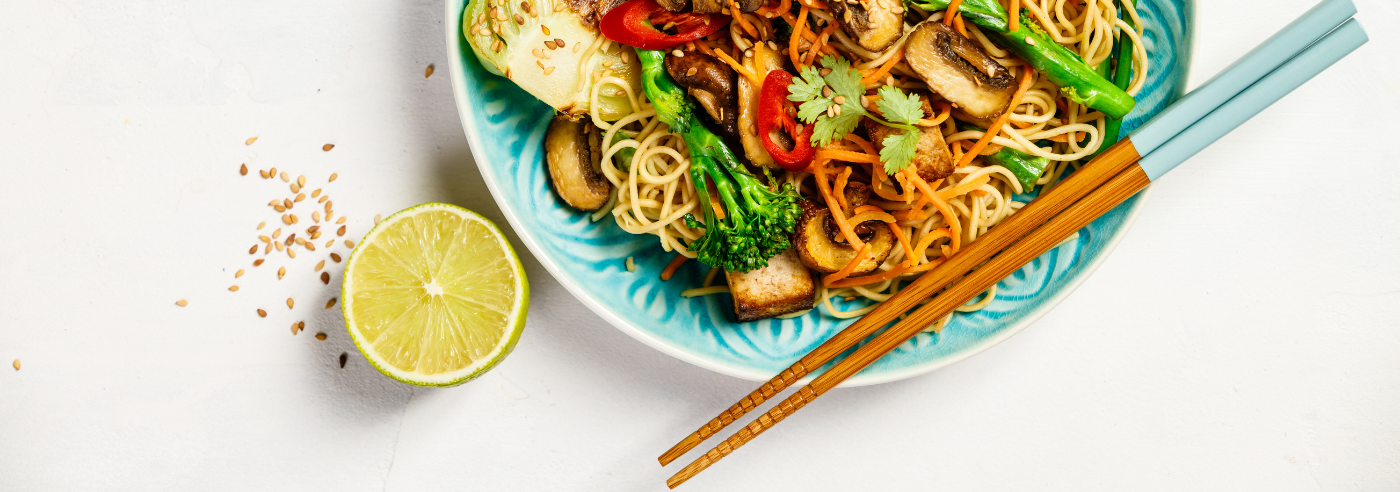
Intuitive Eating
A non-restrictive, weight-neutral approach to health and happiness.
Intuitive Eating is a self-care framework designed to help you heal your relationship with food. This approach is weight-inclusive, HAES-aligned, and has a validated assessment scale, along with a growing body of research demonstrating improved mental and physical health outcomes.
Reject the Diet Mentality
Honor Your Hunger
Make Peace with Food
Challenge the Food Police
Respect Your Fullness
Discover the Satisfaction Factor
Honor Your Feelings without Using Food
Respect Your Body
Exercise—Feel the Difference
Honor Your Health with Gentle Nutrition
The 10 Principles act as a guide, teaching you how to tune into your body’s physical cues and remove negative rules, thoughts, and beliefs, so you can honour your health and meet your body’s needs.
A personal and dynamic process, which includes 10 principles.
Intuitive Eating is a weight-neutral approach to health, meaning that the focus is on healthy behavioral goals, rather than body shape, appearance, or a number on the scale.
Along with body acceptance, intuitive eating is one of the most powerful acts of self-care. By letting go of what you can't control, your weight, it gives you space to focus on what you can control - creating sustainable, health-promoting behaviors that nourish your healthiest and happiest self.
An opportunity to ditch diet culture and make peace with food and your body.
What if weight loss is still important to me?
Intuitive eating preaches the importance of putting weight loss goals “on the back burner”. This is because if we continue to have weight loss as our main goal, it will most likely sabotage our efforts to truly eat intuitively and we will be more likely to either treat intuitive eating as a “hunger and fullness diet” or simply go back to dieting. Most importantly, in doing this we miss out on the opportunity to address some of the bigger issues that we are likely neglecting when we are so focused on food and our bodies.
With the practice of intuitive eating, along with general self-care, one’s body will settle in its biologically appropriate/set point range. This is one’s “healthy” weight, although I hesitate to use that phrase because someone may not necessarily be healthy regardless of their body size - illness and disease are a normal part of being a human, at all body sizes. That is frustrating, but also a part of life.
One’s biologically appropriate weight is not the same thing as BMI, and may be smaller, larger, or the same size as when one started practicing intuitive eating. While this “settling” of body size occurs with intuitive eating, it is not the goal of intuitive eating. And of course, one still might experience fluctuations in weight because bodies change all throughout life for dozens of reasons outside of food and eating.
What can I expect when working with a Certified Intuitive Eating Counselor?
When you're working with a Certified Intuitive Eating Counselor to improve your relationship with food and your body, you will learn that this journey is a process. There is no right or wrong. There is no pass or fail. Each experience is an opportunity to learn more about one’s self.
The amount of time that's required to make peace with food and one’s body will vary from person to person. No one body or individual is exactly alike. We all have our own reasons for holding onto rules, thoughts, and beliefs that are no longer serving us.
Normalizing your eating patterns.
Eating a wide variety of foods that you enjoy.
Exploring how different food combinations make you feel.
Letting go of food rules and labels - such as "good," and "bad."
Tuning into your hunger/fullness cues and honoring them.
Making your eating experiences more pleasurable.
Exploring which forms of movement bring you joy and feel good to your body.
Learning about different forms of self-care that resonate with you.
Improving your relationship with your body.
Measuring progress by setting and implementing realistic behavioral goals - versus focusing on a number on a scale.
Understanding medical nutrition therapy for addressing different wellness concerns.
Receiving evidence-based information throughout the journey for nutrition myth-busting.
Implementing gentle, evidence-based nutrition strategies when the time is right.
Here are some examples of the behaviours you could focus on:
You are the expert of your own body.
You are the only one who lives in your body. You know your body best.
As an expert in the field of food and nutritional science, I will provide you with the most up-to-date nutrition information while encouraging you to trust your inner wisdom so that you can honour your body’s needs in pursuit of long-term health and happiness.
I look forward to partnering with you throughout your Intuitive Eating journey.

